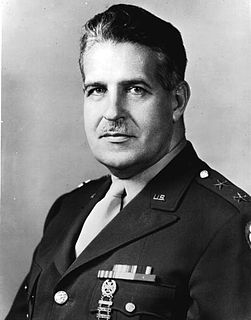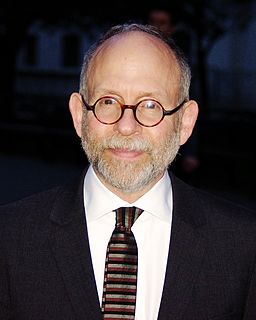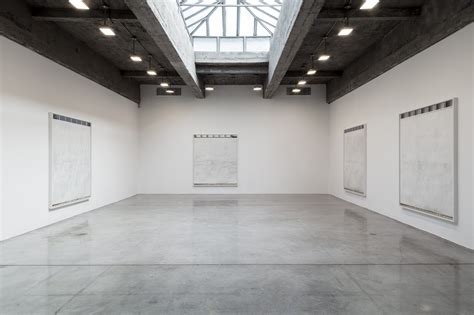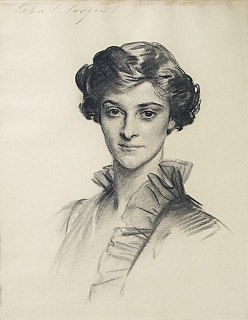A Quote by Faith Popcorn
Cocooning is about insulation and avoidance, peace and protection, coziness and control - a sort of hyper-nesting.
Quote Topics
Related Quotes
The obsessive documentation is itself adjacent to hyper-consumption in our society. The desire to just have everything all the time and adjacent to that is - it might be a little hokey but - a certain loss of identity that then only gets sort of found or ascribed to these moments that are documented. If so much of your experience is devoted to the thought of documentation, you're already sort of spinning out this narrative from this moment that you are attempting to control instead of just experiencing it.
I think all the songs [at Moth] are about different things, but if we were to speak about it as a whole, it's really about, it's about joy, and about sensuality and vulnerability and also fun, energy, living in New York in 2015, being out of control, wanting to be in control, failing! It's a sort of story of our lives.
This weapon [the atomic bomb] has added an additional responsibility - or, better, an additional incentive - to find a sound basis for lasting peace. It provides an overwhelming inducement for the avoidance of war. It emphasizes the crisis we face in international matters and strengthens the conviction that adequate safeguards for peace must be found.
Capital requires protection, as do the institutions through which it operates. As capital expands its operations, the state that is associated with its protection must develop its capacity for autocratic control. Thus, the "Free World" increasingly resembles a dreary string of heartless police states.
One of the most persistent ambiguities that we face is that everybody talks about peace as a goal. However, it does not take sharpest-eyed sophistication to discern that while everbody talks about peace, peace has become practically nobody's business among the power-wielders. Many men cry Peace! Peace! but they refuse to do the things that make for peace.
Taking drugs on a recreation level is one thing. But taking them while you're working on a stage is, I don't think it was that great. It's the control factor. And the thing about being on stage, you really want to feel that you're sort of in control a lot. It's not a place where you want to be out of control.


































